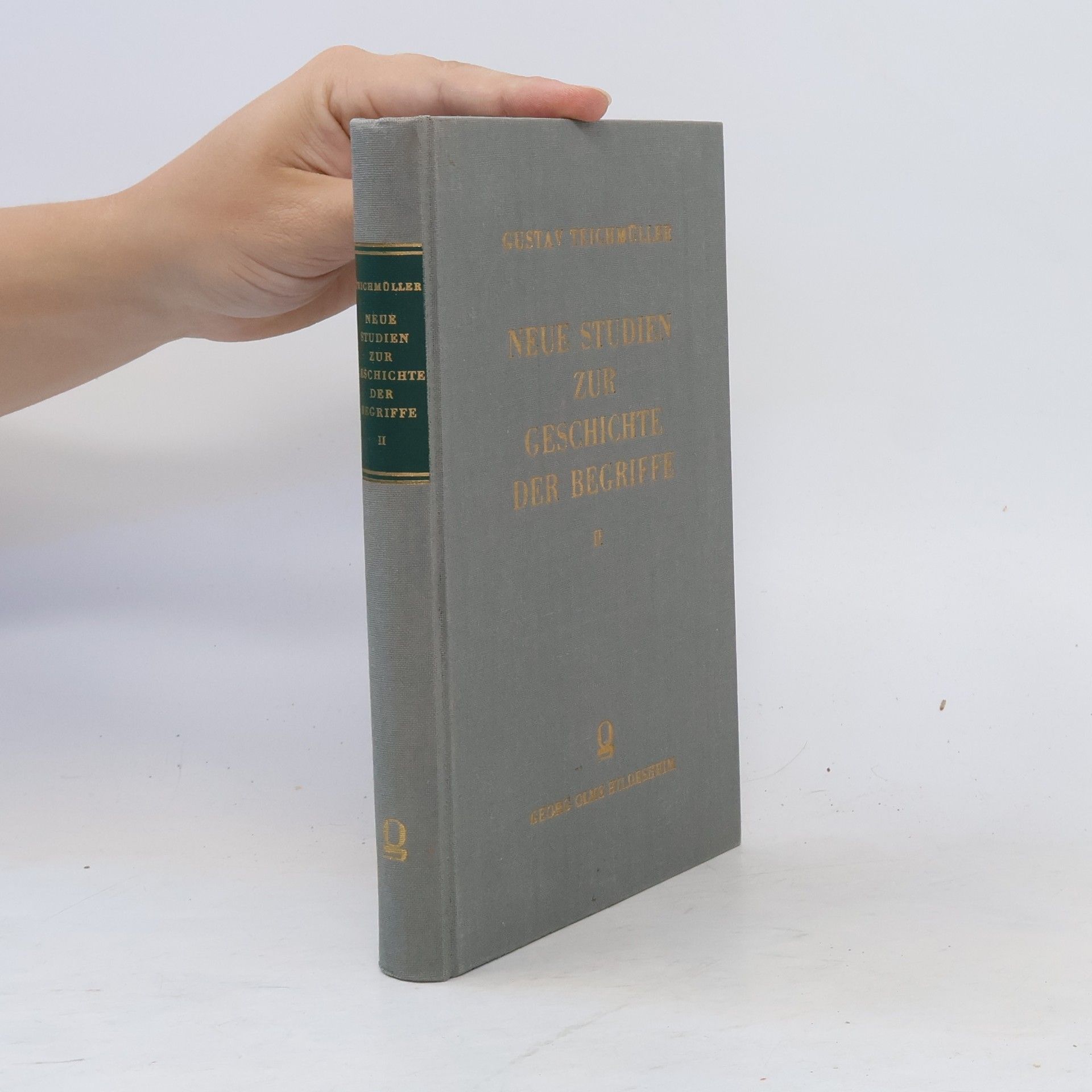Gustav Teichmüller Livres



Aristoteles' Philosophie der Kunst ist ein hochwertiger Nachdruck der Originalausgabe von 1867. Hansebooks widmet sich der Wiederveröffentlichung historischer Literatur aus verschiedenen Themenbereichen und trägt so zur Erhaltung seltener Werke und historischen Wissens für die Zukunft bei.